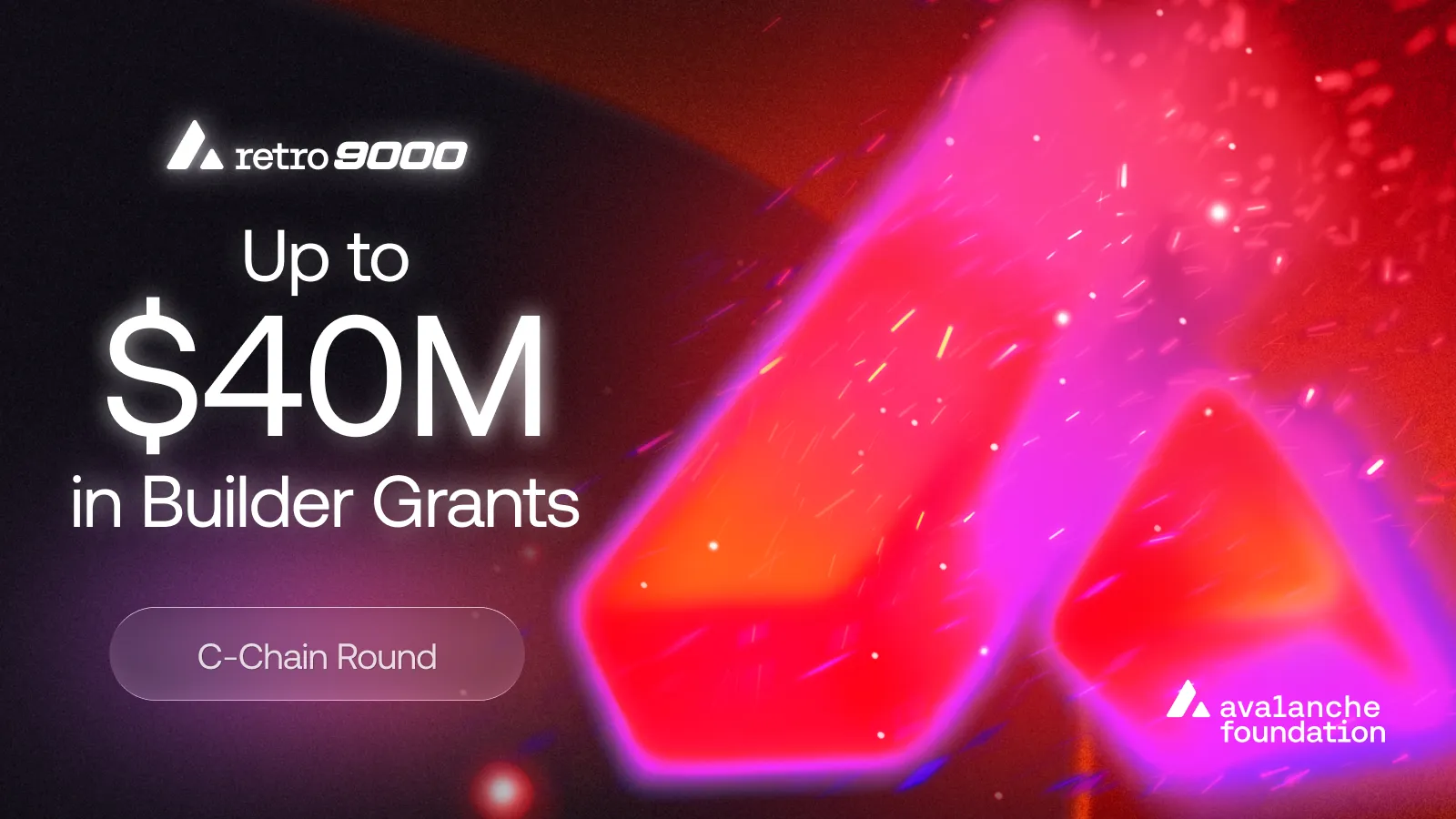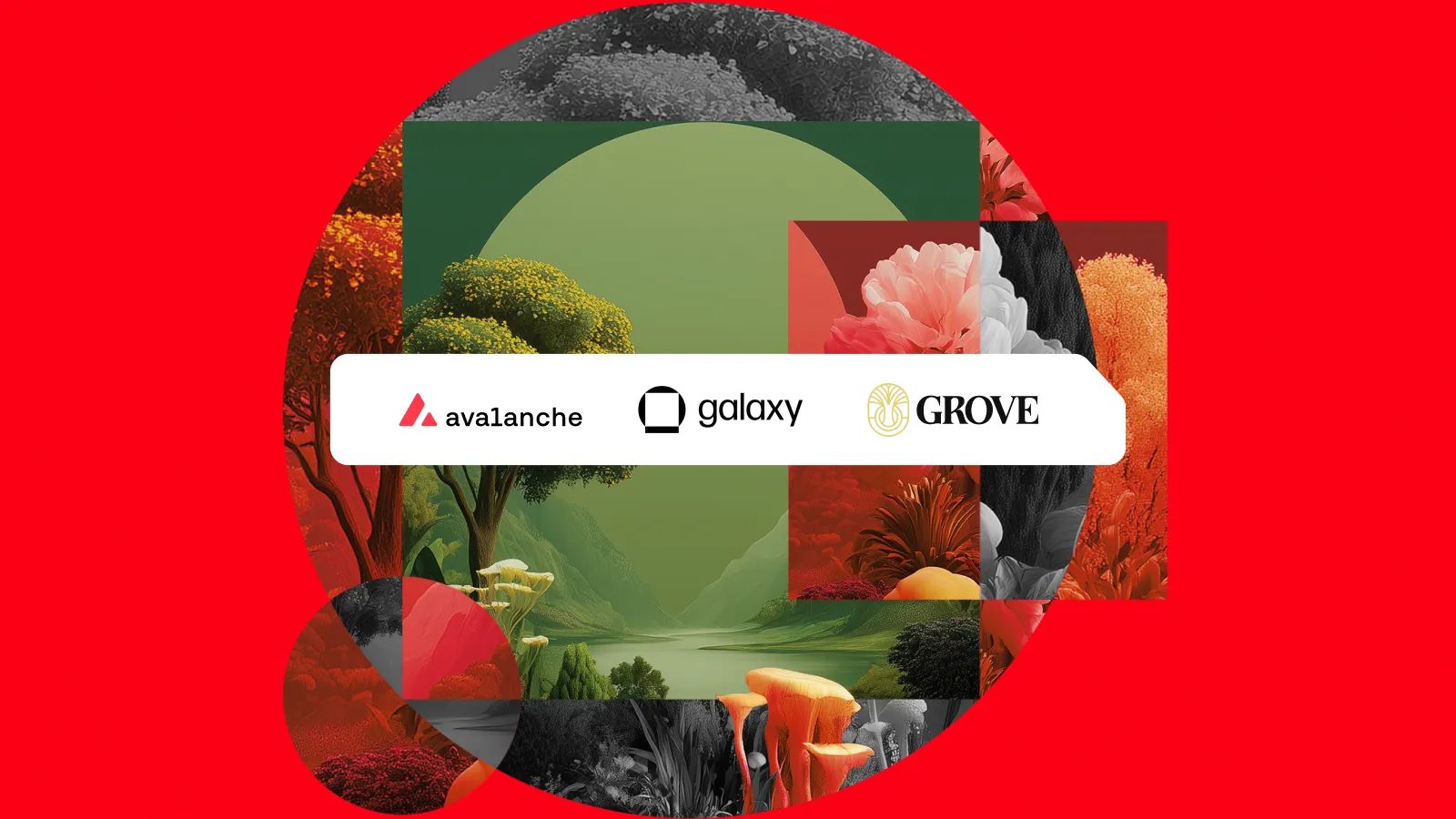5 Surprising Ways to Use Smart Contracts
5 Surprising Ways to Use Smart Contracts
Jun 16, 2025 / By Avax Developers / 6 Minute Read

Blockchain is for more than just cryptocurrency. Here are five surprising ways people are using smart contracts on blockchain, from healthcare to real estate and beyond.
Smart contracts have become synonymous with decentralized finance (DeFi), and for good reason. Through smart contracts, blockchain providers have demonstrated the disruptive power of automated, trustless execution, shaking up finance and emphasizing decentralized controls to exchange wealth.
But for developers exploring blockchain for the first time, it's essential to understand that smart contracts are not just for moving tokens around. In fact, some of the most compelling and creative uses of smart contracts are happening outside traditional DeFi.
From insurance automation to subscription paywalls, smart contracts can formalize and automate logic that governs access, ownership, incentives, and identity without a central authority in the loop. Here are a few intriguing examples.
1. Parametric Insurance
The number of extreme weather events is rising every year. This new reality has left many critical industries, including farming and manufacturing, without a quick and reliable way to recover financially after a natural disaster.
Traditional insurance relies heavily on claims adjusters, paperwork, and human arbitration, leaving a significant coverage gap if a farming community experiences extreme, unseasonable rain or storms.
But what if you could write a policy that automatically pays out based on real-world data, no questions asked?
That's the idea behind parametric insurance, or insurance products triggered by data points like rainfall, temperature, or seismic activity. In blockchain ecosystems, these contracts use oracles (data feeds that bring off-chain information on-chain) to monitor conditions. When predefined thresholds are hit, the contract releases funds instantly.
Example: Farming and Micro-insurance
This kind of technology can radically change how farmers protect themselves from disasters. For example, a farmer in Kenya purchases crop insurance via a decentralized application with a policy that states that if rainfall drops below 20mm over a 30-day window during the growing season (as reported by a Chainlink weather oracle), the smart contract executes an automatic payout—no claim submission required.
Organizations like the Lemonade Foundation use this approach. It represents opportunities to reduce overhead and fraud while empowering microinsurance models that can deploy relief quickly. Right now, climate risk companies like Arbol and the Lemonade Foundation are leveraging smart contracts to accomplish this goal.
2. Real-world Asset Tokenization
You’ve probably heard of NFTs for art and collectibles, but the same principles can be applied to real-world assets like real estate, carbon credits, and even fine wine.
Tokenizing real-world assets allows developers to create programmable representations of physical items. These tokens can then be fractionalized, traded, or staked — opening new liquidity and ownership models.
Example: Tokenizing Real Estate
A municipal organization wants to move public deed documents onto a trustworthy, auditable system. They decide to move onto the blockchain, where they can control documents and edits, ensuring a straightforward way to assess the location of documents and assets.
This is precisely how officials in several New Jersey counties addressed challenging issues with deed management. In partnership with Balcony (powered by AvaCloud), municipalities such as Bergen County and Orange County are transitioning their municipal deed records onto the blockchain. In the case of the latter, they have recovered over $1 million in lost revenue from uncovered deeds and tax documents that were previously lost in other systems.
The discussion around tokenizing real-world assets has been going around for years, and now projects like RealT and the mogul Club are at the forefront of this emerging market.
3. Autonomous Subscription Services
Recurring billing is a pain point in Web 2. You need a payment processor (essentially a middleman to manage payments), subscription management, access control logic, and often manual customer support. Smart contracts offer a clean alternative in self-governing access protocols that work automatically without the need for a provider.
Example: Smart API Subscription Services
A blockchain-based API service uses a smart contract to grant access to developer endpoints. Users send AVAX or a stablecoin to the contract, which records a timestamp and unlocks a subscription tier for 30 days. Simple, easy, and automated.
Even better, access is revoked when the timer runs out — no more failed credit card charges or cancellation disputes, and no navigating pushy salespeople just to cancel a subscription.
4. Trustless Freelance Escrow
Freelancing on the web often requires trusting centralized platforms (like Upwork or Fiverr) to hold your money, resolve disputes, and manage reviews. But with blockchain, you can encode that logic into an innovative contract-based escrow system.
Example: Freelance Development
A developer agrees to build a dApp for a client for $2,000. The client funds a smart contract escrow, which holds the funds until the contract owner manually approves delivery — or automatically releases funds after a particular deadline if no dispute is raised.
This arrangement isn’t new, and you can find it in any existing freelance or escrow platform. But with smart contracts, you don’t need those organizations. You can simply work directly with the client, knowing there’s an enforceable agreement in place.
5. Interactive NFTs for Gaming
Most NFTs are static — once minted, their metadata rarely changes. In contrast, interactive NFTs enable dynamic behaviors tied to smart contract logic, allowing assets to evolve, respond to actions, or even govern themselves.
Example: NFTs and In-game Achievements
A player in a blockchain RPG owns an NFT character whose stats evolve based on in-game achievements. Each level-up triggers a metadata update on-chain via smart contract execution, and the NFT becomes a living record of player history.
Interactive NFTs are also used for governance, storytelling, and modular identity — all powered by smart contracts. For a real-world example, check out Avalanche’s robust infrastructure for game development.
Begin your smart contract journey with Avalanche
Smart contracts are more than financial plumbing — they are programmable trust machines.
Learning how to design, write, and deploy smart contracts opens the door to a new computing paradigm. Whether you're solving coordination problems, building new creator tools, or reimagining ownership, smart contracts can help you automate business logic, enforce agreements and policies, and make new authentication and identity verification mechanisms.
What’s the most creative smart contract use case you’ve seen or built? Tag us on X or reply to our post, and we’ll feature our favorites in a follow-up!




